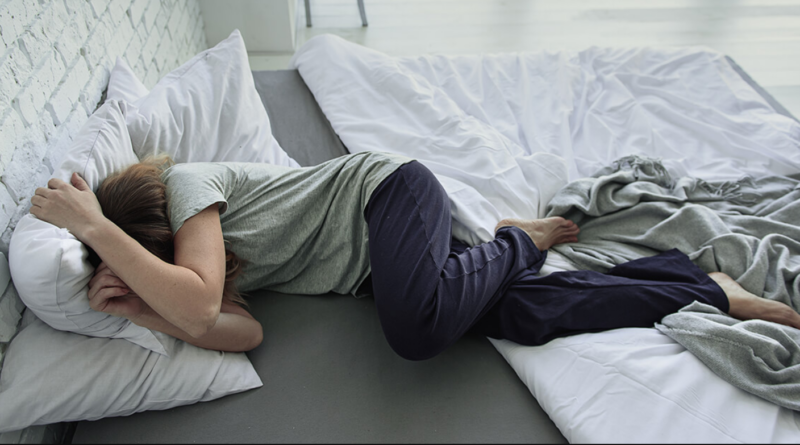Poor sleep hygiene is associated with more severe schizophrenia symptoms 2023
Researchers discovered that both residential and ambulatory patients with schizophrenia spectrum disorder (SSD) exhibited erratic sleep patterns and dysregulated transitions between sleep and arousal cycles. It was also discovered that the patients had excessively rigid daily regimens, which were predictive of worse SSD symptoms and correlated with a lower quality of life.
In a study published in the journal Molecular Psychiatry, an international team of researchers from the University of Pittsburgh and Italy characterized patterns of disturbances and irregularities in daily rhythms of rest and activity shared by patients with SSD.
SSD sufferers sleep less and have trouble falling asleep, according to a study 2023

In addition, sedative medications used to treat SSD symptoms are known to modify sleep and increase the amount of time patients spend sleeping to as much as 15 hours per day. Fabio Ferrarelli, associate professor of psychiatry and senior author of the study, stated that excessive sleep can have negative effects on patients’ SSD symptoms.
“It is important to consider how the medications we prescribe to patients affect their overall health,” he said. “Our study demonstrates that a 12- to 15-hour sleep duration can be harmful, so it is essential to avoid overprescribing sedatives and use the lowest effective dose.”
In this study of 250 participants, which included nearly 150 residential and outpatient SSD patients, researchers measured participants’ activity and rest throughout the day and night by having them wear wristbands that detect acceleration. These devices measured rest and activity as surrogates for wakefulness and sleep.
They discovered that both residential and outpatient SSD patients tended to spend more time asleep or passively recuperating during the day than healthy controls.
Residential patients also had more fragmented sleep and abrupt rest-activity transitions than outpatients.
Residential patients exhibited more rigid rhythms of daily rest and activity than outpatients, which correlated more strongly with negative mental health symptoms. These symptoms included a diminished desire to interact with others and an impaired capacity to experience delight.
“The consistency between the two patient cohorts was somewhat surprising to us,” said Ferrelli.
“However, we observed that residential patients had significantly more stable daily routines. We tend to view stable routines as positive, but when they become too rigid, they can become problematic.
“In our study, this rigidity in daily rhythms was strongly correlated with the severity of negative mental health symptoms among residential patients with schizophrenia,” Ferrarelli explained.




